Sort:
The average pro reviews rating is 8.4 / 10, based on the 10 reviews.
How we do it
We humanly agregate professional reviews from a number of high quality sites. This way, we are giving you a quick way to see the average rating and save you the need to search the reviews on your own. You want to share a professional review you like?

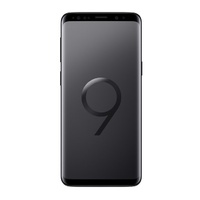
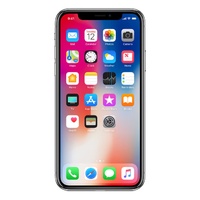
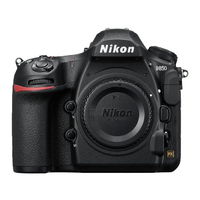
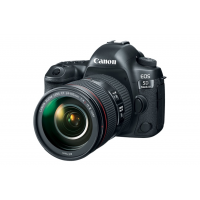

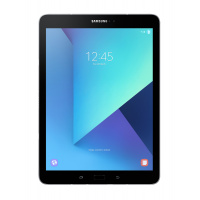
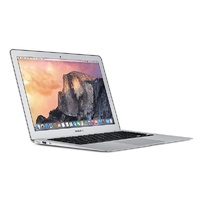




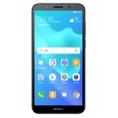





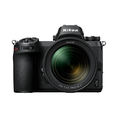

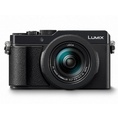
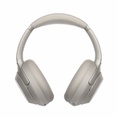










PC Magazine‘s review Edit Like Unlike
Mar 23, 2012
overclockersclub‘s review Edit Like Unlike
Mar 15, 2012
benchmarkreviews‘s review Edit Like Unlike
Mar 05, 2012
hardwarecanucks‘s review Edit Like Unlike
Feb 22, 2012
HEXUS‘s review Edit Like Unlike
Jan 19, 2012
HotHardware‘s review Edit Like Unlike
Jan 16, 2012
TechSpot‘s review Edit Like Unlike
Feb 09, 2012
www.legitreviews.com‘s review Edit Like Unlike
Feb 02, 2012
TechRadar UK‘s review Edit Like Unlike
Jan 23, 2012
www.pcper.com‘s review Edit Like Unlike
Jan 04, 2012